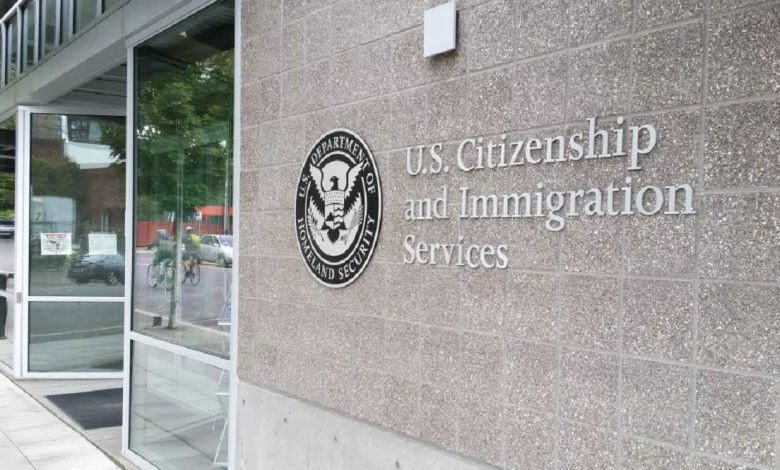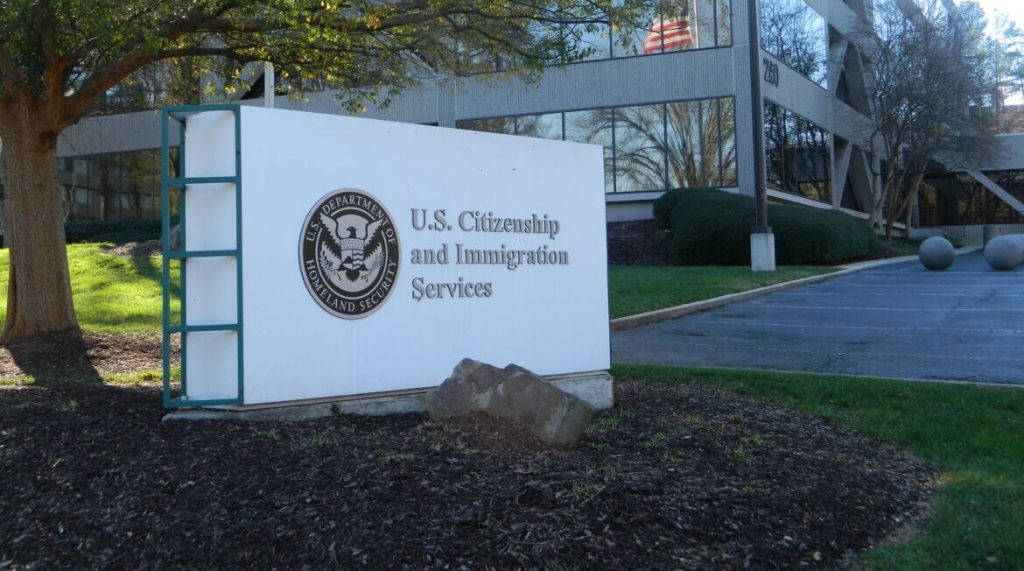USCIS Policy Change Threatens Family-Sponsored Immigrants with Deportation Despite Approved Petitions
Starting August 1, 2025, family-based immigration applicants may face deportation even if their petitions are approved, sparking widespread concern among immigrant rights advocates.

The U.S. Citizenship and Immigration Services (USCIS) has announced a new policy effective August 1, 2025, allowing authorities to issue Notices to Appear (NTA) to undocumented immigrants who have filed family-based immigration petitions, even when those petitions are approved.
This major shift has alarmed immigrant rights advocates, who argue it poses a direct threat to families attempting to regularize their legal status in the United States.
According to the new guidelines, the approval of a family-based immigration petition (Form I-130) does not provide any legal status nor shield the applicant from deportation. USCIS can now refer such cases to Immigration and Customs Enforcement (ICE) and initiate deportation proceedings by issuing an NTA—even if the applicant is sponsored by a U.S. citizen or lawful permanent resident family member.
Julia Gelatt, associate director at the Migration Policy Institute, explained:“Even if USCIS approves a family petition, it doesn’t grant legal protection. If someone is undocumented in the U.S., they could still face arrest or deportation despite having an approved petition.”

Key Policy Changes:
-
Denials without warnings: USCIS may reject petitions without sending a Request for Evidence (RFE) or a Notice of Intent to Deny (NOID), both of which previously gave applicants a chance to correct errors.
-
Immediate deportation risk: NTAs can be issued directly after petition denial, putting undocumented applicants at risk of immediate deportation.
-
Higher rejection rates for unrepresented applicants: Reports from Boundless Immigration highlight that those applying without legal assistance (Pro Se) face the highest risk of denial and deportation.
Statistics:
-
Since early 2025, USCIS has received around 270,000 family-based immigration petitions.
-
Over 2 million cases remain pending, with some waiting periods stretching up to 35 months due to backlogs and stricter review procedures.
Government’s Position:
USCIS defends the policy as a measure to protect public safety, national security, and immigration integrity. In an official statement, the agency emphasized:“Petitioners and beneficiaries must understand that a family petition does not grant lawful status or prevent deportation.”

Impact on Families:
Immigration experts warn that the policy may discourage many families from pursuing legal status, fearing arrest and deportation. Gelatt added:“There are countless people losing their status. This effectively shuts down one of the few legal pathways available for them to remain in the U.S.”



